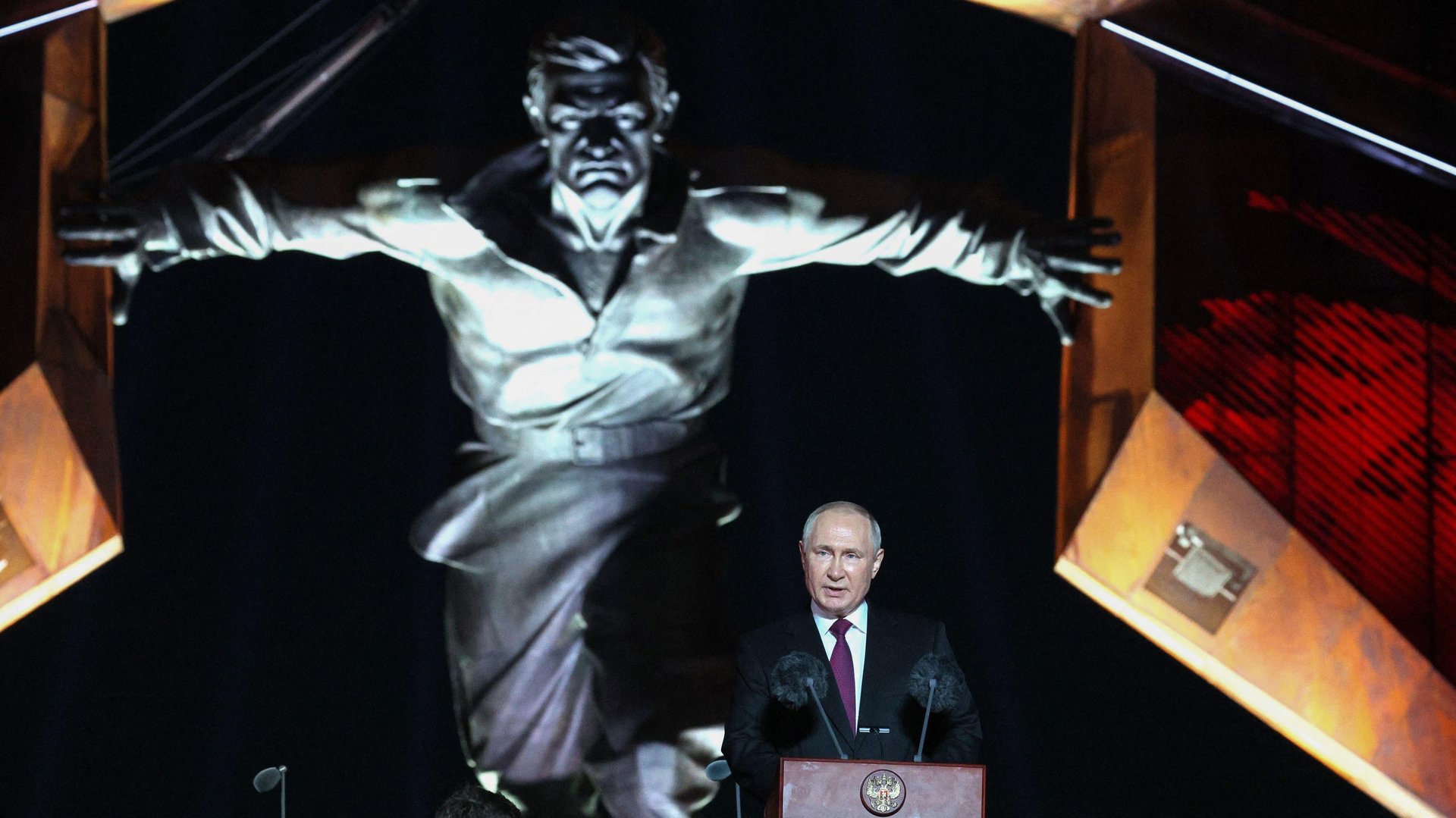Russia's war economy is looking a lot like the Soviet Union's
Or so says IMF managing director Kristalina Georgieva, who made the comparison in a new interview

Russia’s hot war with Ukraine is having some chilly callbacks to the Soviet Union’s longstanding detente with the United States, namely that state military spending is crowding out other forms of economic growth.
Suggested Reading
That’s the comparison Kristalina Georgieva, managing director of the International Monetary Fund (IMF), made in an interview with CNBC today on the sidelines of the United Arab Emirates-hosted World Governments Summit. The IMF had previously said that Russia was spending so much money on its war effort that it was making up for the strangling effects of international sanctions.
Related Content
“What it tells us is that this is a war economy in which the state — which, let’s remember, had a very sizable buffer, built over many years of fiscal discipline — is investing in this war economy,” she told the channel’s Dan Murphy. “If you look at Russia, today, production goes up [for the] military, [and] consumption goes down. And that is pretty much what the Soviet Union used to look like. High level of production, low level of consumption.”
Other parts of the agenda
During a main-stage interview with CNN’s Richard Quest, Georgieva also touched on a number of other topics:
💰 Why pandemic payouts worked. The US government kept itself on good economic footing during the early years of the pandemic by putting lots of money in its citizens’ pockets when work was drying up and consumption was down.
🎈 Inflation’s coming down easy. It’s looking like the global economy is indeed primed to pull off a so-called “soft landing” of returning to stable growth after the high inflation period set off by the pandemic.
💥 Middle East war tolls. Israel’s invasion of the Gaza Strip risks setting off economic spillover effects far beyond the Houthi rebel-driven disruptions to the Red Sea and Suez Canal.
🤖 No fear for the machines. Georgieva remains optimistic about the future impacts of artificial intelligence and thinks that doomsayers should take a step back and refrain from poisoning the economic expectations around it.